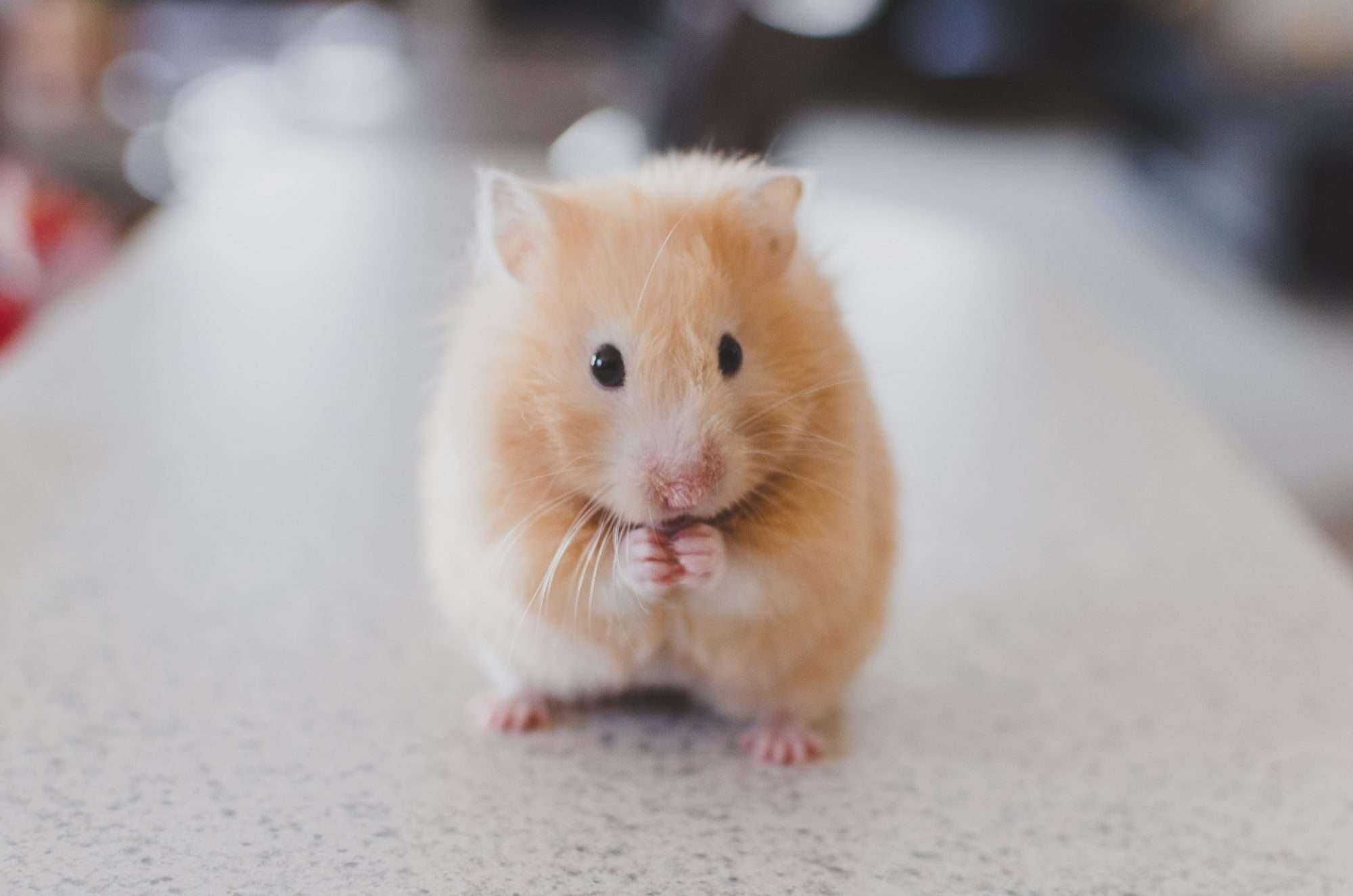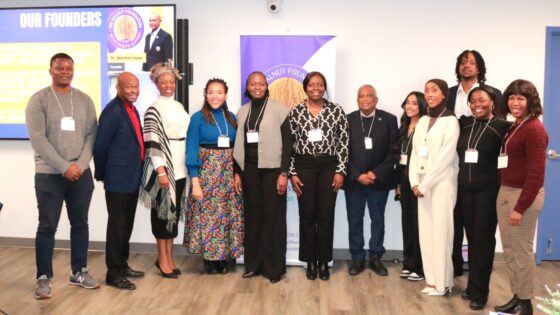on
BY SIMONE J. SMITH
The U.S. Food and Drug Administration (FDA) no longer requires new drugs to be tested in animals before being approved. This is thanks to a law passed in December 2022. FDA Modernization Act 2.0 authorizes the use of certain alternatives to animal testing, including cell-based assays and computer models, to obtain an exemption from the Food and Drug Administration to investigate the safety and effectiveness of a drug.
The bill also removes a requirement to use animal studies as part of the process to obtain a license for a biological product that is biosimilar or interchangeable with another biological product.
The agency now has the option to approve drugs that are tested in only non-animal studies, including those that use lab-grown tissues or computer models, before being tested in clinical trials with humans.
The question is: is this safe, and will it happen any time soon?
Previously, the FDA typically required drugs be tested in one rodent and one nonrodent species, before they were moved into human trials These animal tests help to reveal how drugs break down in the body, whether they reach the tissues they’re intended to target and whether they exert the intended effects on those tissues, all without having harmful side effects. Unfortunately, these tests are not perfect: more than 90% of drugs that pass initial animal tests end up being unsafe or ineffective in humans, according to a 2019 review in the journal Translational Medicine Communications.
Jim Newman, Communications Director at Americans for Medical Progress shared his thoughts in a press release.
“The entire research community is fully and enthusiastically supportive of adopting non-animal alternatives that can reduce or replace animal research. We would all like to lessen the need for animal studies.
Just like most other Americans, the research community – which is made up of scientists, veterinarians and other dedicated animal care employees – loves and appreciates animals. However, it’s also vitally important for the public to understand that computer models, organs-on-a-chip and organoids are not able to replace animal studies in most cases because these technologies are still in their infancy. As a result, they only provide a limited amount of information required in the drug safety testing process and also in other health research areas.
The study of living systems (aka animal models) is crucial as it allows us to observe and monitor this process closely and learn what happens in a living, breathing body.
Finally, alternative models (such as computer models) can only mimic what we already understand about the human body. As a result, there are many areas where we have a tremendous amount to learn.”
There have been other promising alternatives to animal testing: organoids, or 3D clusters of lab-grown cells mimic key biological features of full-size organs. These organized clumps, often derived from stem cells, are especially useful for observing cell- and tissue-level drug responses, as well as assessing how well drugs latch onto their molecular targets There are also spheroids (simpler 3D clusters of cells) that are often used to model cancerous tumors spheroids grown from primary cell lines.
The challenge will be convincing drug developers to adopt new, non-animal testing methods. There will need to be evidence that the models show equivalent or superior performance to animal testing, and reassurance that the FDA views the tests as robust before they heavily invest in new technology. Once they do, that will provide the FDA with more evidence that these tests can replace animal testing.
At the end of the day, there has to be valid, scientifically proven methods for ensuring that the medications that pharmaceutical companies continue to push are safe and effective (sigh). While the scientific community is excited about the development of non-animal alternatives, the adoption of these technologies will take significant time.
Stay in the loop with exclusive news, stories, and insights—delivered straight to your inbox. No fluff, just real content that matters. Sign up today!
We, as humans are guaranteed certain things in life: stressors, taxes, bills and death are the first thoughts that pop to mind. It is not uncommon that many people find a hard time dealing with these daily life stressors, and at times will find themselves losing control over their lives. Simone Jennifer Smith’s great passion is using the gifts that have been given to her, to help educate her clients on how to live meaningful lives. The Hear to Help Team consists of powerfully motivated individuals, who like Simone, see that there is a need in this world; a need for real connection. As the founder and Director of Hear 2 Help, Simone leads a team that goes out into the community day to day, servicing families with their educational, legal and mental health needs.Her dedication shows in her Toronto Caribbean newspaper articles, and in her role as a host on the TCN TV Network.













